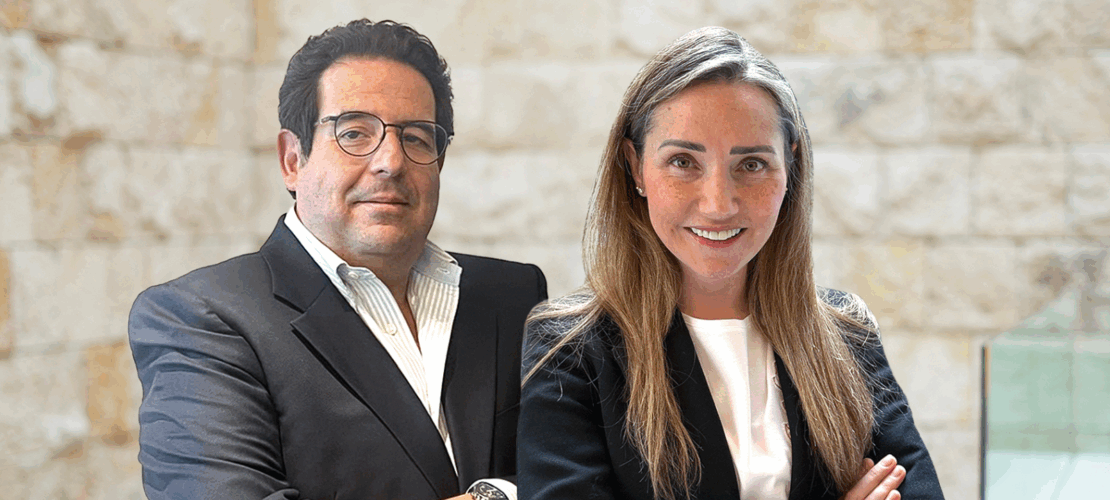ICAM seeks suspension of Law Affecting Minors
In response to the adverse effects of Spain’s new Justice Efficiency Law on family law cases involving minors, the Madrid Bar Association (Ilustre Colegio de la Abogacía de Madrid, ICAM) has formally requested that the Spanish Congress suspend the implementation of Organic Law 1/2025 in all legal proceedings affecting the rights and interests of children and adolescents.
The call for immediate action comes after mounting concerns that the current design of the law is proving harmful to the fundamental rights of minors involved in sensitive cases such as custody, child support, and visitation arrangements.
To address the issue, ICAM’s Dean Eugenio Ribón and Vice-Dean Isabel Winkels submitted a non-legislative proposal (Proposición No de Ley, PNL) to the Congress, urging the Government to halt the enforcement of the law in family law matters. According to the association, the mandatory imposition of alternative dispute resolution mechanisms (MASC) under the law is leading to significant procedural delays, legal uncertainty, increased litigation, and—most worryingly—a state of serious vulnerability for the children involved.
In addition to submitting the parliamentary initiative, ICAM leadership has sent a letter to the spokespersons of all parliamentary groups, expressing their “deep concern over the consequences already being generated by the application of Organic Law 1/2025.” The letter, signed by ICAM’s Governing Board, warns of the risk of prolonged conflicts, inconsistencies in judicial interpretation across courts, and unequal impact on citizens. It calls for an urgent legislative review to ensure the effective protection of those most at risk.
“Family proceedings are highly specific and require a radically different approach from ordinary legal processes,” emphasized Vice-Dean Isabel Winkels after submitting the proposal. “They cannot be fragmented. They demand continuity and specialized attention.”
Winkels highlighted the need for trained legal staff to ensure these cases are handled by judges who oversee both interim measures and the merits of the case in a single, unified hearing—often requiring complex psychosocial and forensic evidence that must be treated consistently.
She concluded with a firm statement: “We are requesting the suspension of this law’s application to family law proceedings and a complete rethinking of its structure, in order to truly protect the best interests of the child—an interest we proudly proclaim, but which, in practice, is being seriously undermined.”
The proposal also draws attention to technical shortcomings and regulatory gaps in the law, including its failure to align with the special proceedings regulated under Book IV of the Spanish Civil Procedure Act. Additionally, it points to complications caused by the mandatory use of MASC in cases where one party resides abroad—an issue that could result in Spanish courts losing jurisdiction.












